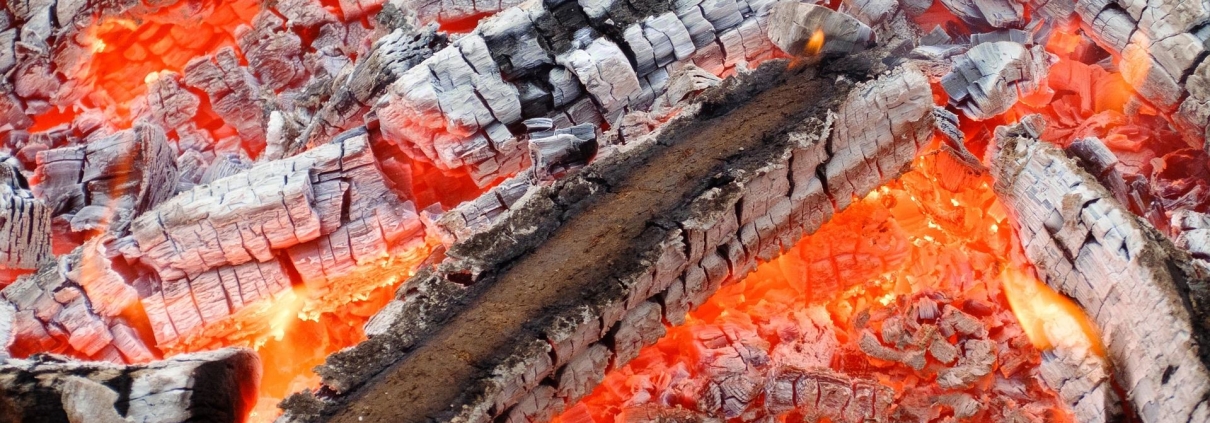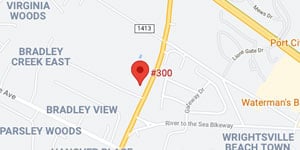
How to Dispose of Fireplace Ashes
Many homes have fireplaces for aesthetic or heating purposes. But they have a dark side. In 2017, 83 North Carolinians lost their lives in house fires. Each year across the state, fire departments are called to homes where hot ashes or coals are improperly disposed of, and that can have devastating results.
Coals and embers from a fire may stay hot enough to ignite a flame for several days. The time for a complete cooling of these materials is influenced by a variety of factors, including the heat level is reached, what material burned, and any remaining presence of fuel. Ashes should be left to cool in the fireplace for a few days when possible. When disposing of coals, they should be transferred into containers made of metal and have water poured inside. The container should then be placed with a lid on top outside away from any flammable items. Never dump ashes in the woods, as this may ignite a brush fire.
What Are the Best Ways to Keep Your Fireplace Safe?
The Western North Carolina Regional Air Quality Agency suggests some best practices associated with fireplaces, including:
- Never leave a fire in a fireplace unattended and be certain that it is properly extinguished prior to going to sleep.
- Keep the surrounding area clear and consider moving objects that may be easily knocked over located nearby.
- Remember that many materials can ignite and spread a fire if they’re too close to the fireplace.
- Inspect the flue for any unwanted objects or materials, such as overhanging tree branches or bird nests.
- Always have a screen across the fireplace and keep it closed to prevent airborne debris from starting a fire.
- Don’t use your fireplace as an incinerator. Never burn paper, Christmas trees, or other waste in the fireplace.
- Have your fireplace inspected each year by a professional and cleaned when needed.
- Avoid using accelerants in fireplaces.
- Choose wood that burns more cleanly, such as ash, hickory, or oak; rather than fir, pine, or cedar.
- Burn dried-out wood. Wood burns the cleanest when it is not moist.
- Never overload the fireplace with wood; it generally wastes fuel and may damage chimney walls.
- If you notice cracking, deteriorated mortar, or loose bricks, contact a professional to repair the fireplace.
- Never allow children or animals to engage in horseplay near a fireplace.
What About Smoke Detectors?
Today’s smoke detectors are either battery-powered or hard-wired and should be compliant with the Underwriters Laboratories or another similar agency’s requirements. Refer to manufacturer instructions regarding placement and installation. Landlords are typically responsible for replacing and repairing smoke detection units, and if notified by a tenant of a needed replacement or repair, they should do so within 15 days. Upon the arrival of new tenants, the landlord should have the detector installed with new batteries, as well as the carbon monoxide detectors. During the course of their stay, tenants are responsible for replacing the batteries as needed. Tenants should test the detectors at regular intervals to be certain they’re working.
A fire extinguisher should also be kept on hand. The extinguisher should be maintained in working condition, and all members of the household should be taught how to use the device in an emergency.
Can an Attorney Help After a Fire-Related Accident?
Each year, people in North Carolina are injured or killed as a result of house fires. Victims may suffer from burns, smoke inhalation, and considerable trauma.
In these instances, it is best to retain the services of an experienced attorney for a variety of reasons. You may need representation to interact with your insurance company, to make sure you receive all the benefits you are entitled to. You also may have a valid claim from another insurer or party for damages, including medical expenses, disability, deformity, personal property losses, temporary housing arrangements, and more. For a free consultation with a Wilmington burn injury attorney, contact Rhine Law Firm, P.C., at (910) 772-9960.




